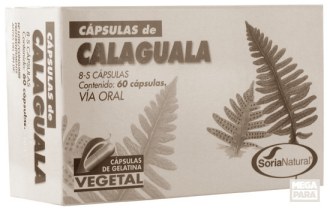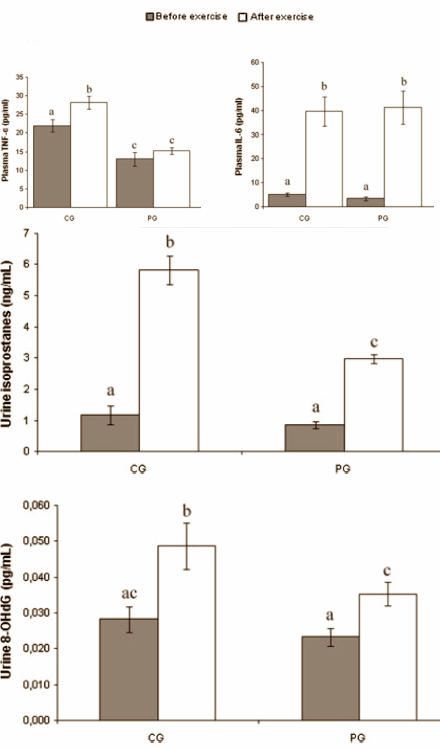|
Definition: "An ergogenic aid is any substance or phenomenon that enhances performance "
|
|
||||||||
14.02.2012 |
|
|
Phlebodium decumanum takes the sting out of extreme exertion
Supplements containing extracts of Phlebodium decumanum have already started appearing in health food shops and drug stores. And they may soon also be available in webshops that sell sports supplements. According to researchers at the University of Granada in Spain, Phlebodium reduces the negative health effects of extreme physical exertion, but doesn't interfere with the positive effects.
The researchers mentioned here studied whether plant extracts can soften these effects, and were financed by the Spanish government. According to the Spanish researchers, extracts of Phlebodium decumanum contain polyphenols, terpenoids and flavonoids.
In 2003 other Spanish researchers showed in in-vitro studies that Phlebodium extracts have anti-inflammatory effects. [Int Immunopharmacol. 2003 Sep; 3(9): 1293-9.]. In 2009 Austrian pharmacologists announced that Phlebodium decumanum killed cancer cells in test-tube studies they had carried out. [Int J Oncol. 2009 Apr; 34(4): 1117-28.]
Many of the experiments in which researchers used vitamins to treat the negative effects of extreme exercise were not successful. So was Phlebodium decumanum a candidate?
The Spaniards devised an experiment with two groups of 20 runners, both of which ran 50 km in a mountainous area. Two days before the event, the runners in the PG group were given a capsule containing 400 mg Phlebodium decumanum. Of this 250 mg came from the leaves and the rest from the root nodules. The day before running the subjects took three capsules, and one more on the day of the run. The extracts used came from the Phlebodium specialist Helsint. [helsint.com]
The subjects in the control group were given a placebo. [CG]
The supplement worked. Before and after the run the supplement reduced the concentration of the inflammatory protein TNF-alpha. The supplement had no effect on the 'good' inflammatory protein Interleukine-6. Interleukine-6 is involved in muscle building and fat burning in muscle cells. [Cell Metab. 2008 Jan;7(1):33-44.] It also plays a role in the positive effects of exercise on memory. [FASEB J. 2009 Oct;23(10):3629-36.] High doses of antioxidant vitamins are probably not so good for protection as they inhibit Interleukine-6.
The researchers also noticed that the amount of isoprostanes and 8-hydroxy-2'-deoxyguanosine [8-OHdG] was far lower in the urine of the Phlebodium decumanum group. These substances are markers for free radical damage; and 8-OHdG is a marker for free radical damage to DNA.
"These findings provide a basis for similar Phlebodium supplementation for both professional and amateur athletes performing strenuous exercise in order to reduce the undesirable effects of the oxidative stress and inflammation signalling elicited during high-intensity exercise", the researchers conclude.
Source:
More:
|
|


